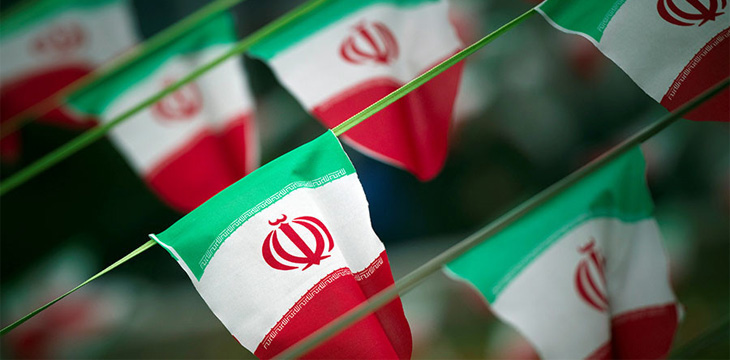|
Getting your Trinity Audio player ready...
|
As darkness looms over the future of its nuclear deal with the United States, it appears that Iranian government is still going ahead with a major project that will pave for the country’s own cryptocurrency in the not too distant future.
This is despite the recent Central Bank of Iran ban on local banks from engaging in any cryptocurrency-related activities. The order stemmed from fears of money laundering possibilities due to the ongoing spectre of possible sanctions that might reappear if the nuclear deal falls through, according to the reports.
The measures, however, will not have any undue effect on the country’s cryptocurrency project. Speaking to the country’s state news agency IRNA, Iran’s Information and Communications Technology Minister Mohammad Javad Azari-Jahromi indicated that the central bank’s ban would not have any effect on the project.
“The central bank’s ban will not mean the prohibition or restriction of the use of the digital currency in domestic development. Last week, at a joint meeting to review the progress of the (local cryptocurrency) project, it was announced that the experimental model was ready,” said Azari-Jahromi, according to Reuters.
Azari-Jahromi is known for being very much an innovator and trailblazer in a very conservative country. He is by far the youngest minister in the cabinet and has pronounced himself in favour of cryptocurrencies and their possible use in Iran.
In February, Azari-Jahomi announced that his ministry’s Postal Bank had been collaborating with local experts to come up with an experimental cryptocurrency that would eventually be presented to banks for review and approval, if all goes well. This is quite forward looking for a nation that remains extremely conservative on financial matters. Islamic Finance does not preclude cryptocurrencies but actually encourages them, so that could be a positive aspect in the whole equation.
There is an ongoing debate on the regulation of crypto currencies with several countries’ central banks calling for tighter rules while others are actively pursuing their own crypto currency. A case in point is Venezuela which introduced the Petro recently but appears to be encountering stumbling blocks in its implementation.
Iran has formally unified its official and open market exchange rates apart from banning money changing outside of banks. This is due to the rial plunging to an all-time low with regard to possible returns of sanctions if the U.S. decides to leave the nuclear agreement. A decision is expected on May 12 by U.S. President Donald Trump on this issue.

 02-24-2026
02-24-2026 




